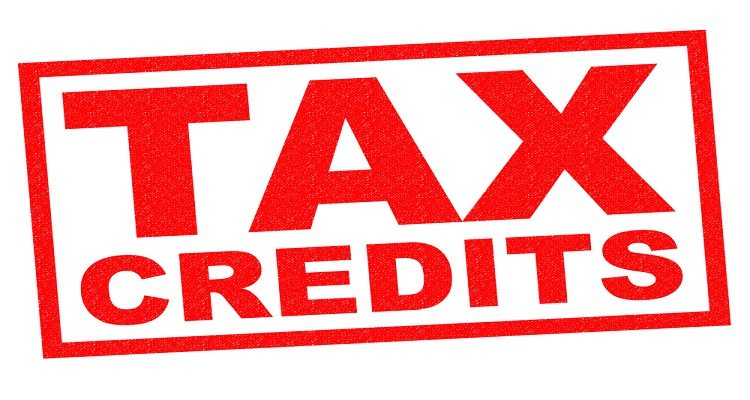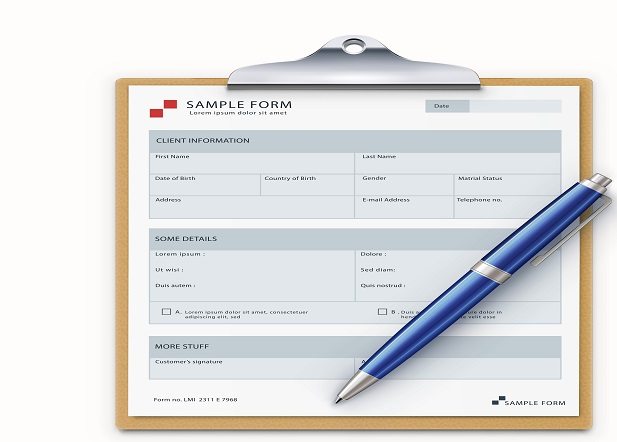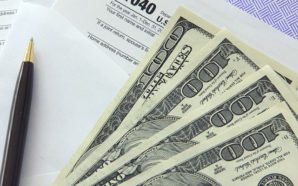What Are Energy Tax Credits and Residential Energy Property Credits?

Taxpayers who make upgrades to their facilities to make their homes more energy efficient or those who make use of renewable energy are eligible for energy tax credits and it could offset some of their costs.
Doing a home energy upgrade can greatly reduce your monthly bills on electricity but these upgrades are not always cheap. This is why there are energy tax credits available in 2018 that could help your finances.
Some of these credits include labor on installation for solar water heaters, solar panels, geothermal heat pumps, small wind turbines, and fuel cells. The installation should take place in a home that you own and use as a residence. Rentals are not eligible but second homes qualify.
Energy tax credits are non-refundable but they can be carried over to the next tax filing year.
Residential Energy Property Credits
Here are the eligible items for residential or home energy tax credits for Energy Star certified improvements in your home.
Biomass stoves give you $300 credit for stoves that have an efficiency of 75% and above. HVAC air circulating fans give you $50 credit if they use less than 2% of your furnaces energy. You could also get $300 credit for central air conditioning if you have split systems with SEER that is greater than or equal to 15 and EER that is greater than or equal to 13. Gas, propane, and oil hot water boilers give $150 credit with an AFUE of greater than or equal to 95. Those are just some of them. If you want to purchase any of these types of systems for your home, you should focus on the above specifications so you could save energy and at the same time, get energy tax credits.
Claiming Energy Tax Credits
If you meet the criteria for eligibility, you need to file the IRS form 5695and this is how to complete it according to the Department of Treasury Internal Revenue Service.

If you made energy saving improvements to your home that is located in the US in 2017, you may be able to take the residential energy efficient property credit. The home should be your residence in 2017. It could be a houseboat, mobile home, cooperative apartment, or a condominium. If it’s a manufactured home, it needs to conform to Federal Manufactured Home Construction and Safety Standards.
Electric Car Tax Credits
Electric cars are improving every year but they are still a fairly new technology and they cost a lot higher than other gas-powered cars. To recognize this, federal and state governments offer energy tax credits to people who switch to electric vehicles.
It is an incentive program for electric cars available in the US. Most electric cars are eligible for the credit which could greatly reduce your federal tax burden by $7,500.
In addition to that, there are other state and local tax credits for those who buy electric cars. It also includes credits for installing electric car chargers in your residence or place of business. There are also many states that offer energy efficiency tax incentives. They could be in the form of sales or property tax exemptions when you purchase or install a qualifying energy saving equipment.
Utilities
Another incentive for energy efficiency comes from your local utility bills. Many utilities offer rebates for purchases that are energy efficient and it covers a wide range of appliances as well as building products.
Solar Energy Systems
The investment tax credit for solar energy systems is one of the biggest energy tax credits available to homeowners as well as businesses in 2018. The tax credit applies to solar panel systems as well as solar hot water systems. This is worth 30% of the cost of purchasing the system and installing it in your home or business.
People will have until the end of 2019 to claim the full 30% credit. After that, the value will be reduced by a few percentage points for each year until 2022. By that time, it will go away entirely for homeowners and commercial system owners would have a fall of 10%.It is a major incentive available to those who want to install solar energy systems. It includes tax credits as well as cash rebates.











